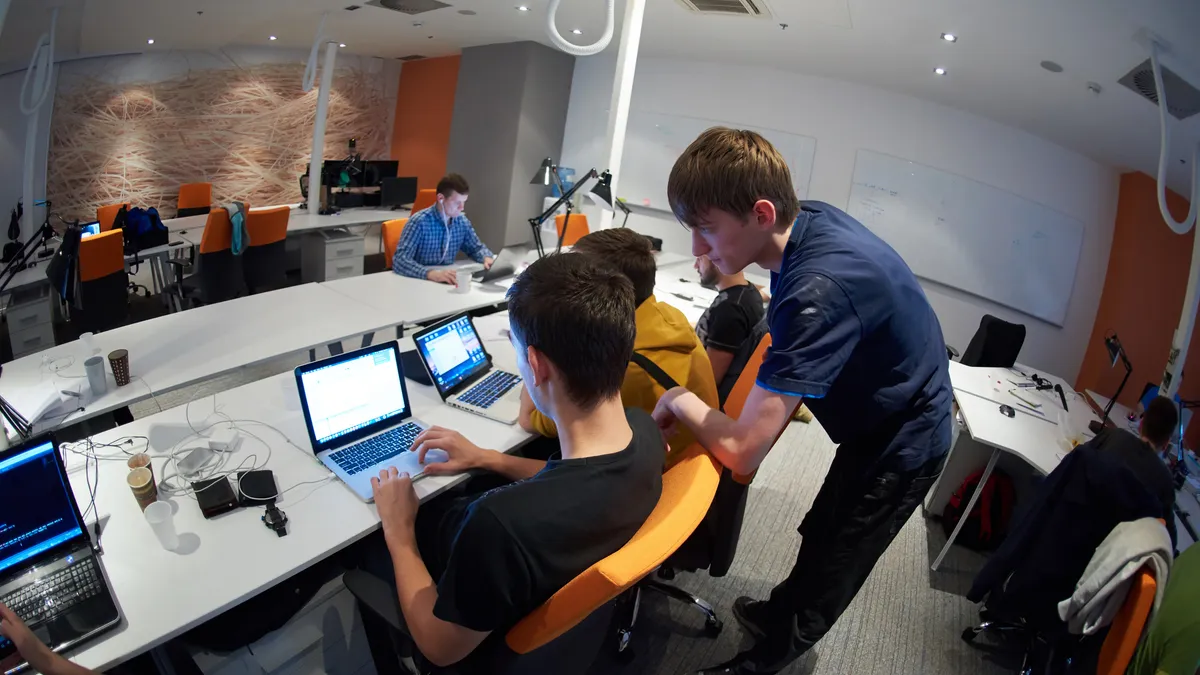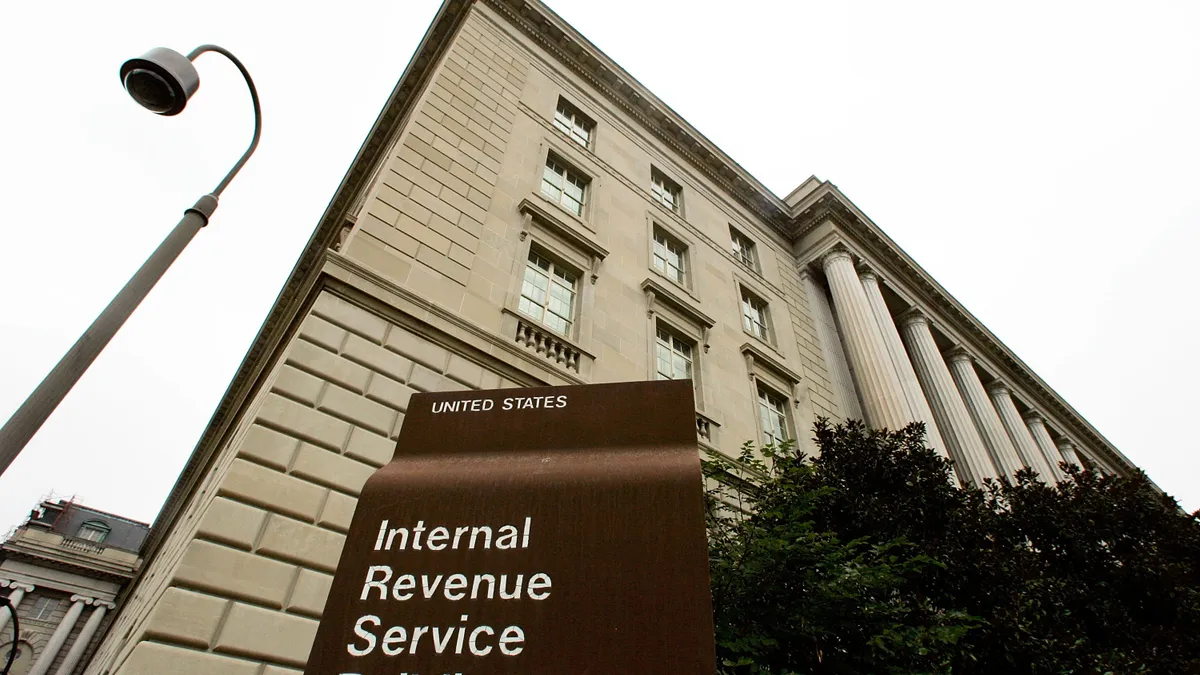Dive Brief:
- Rather than viewing technology as a force coming for jobs, 74% of the respondents in a new global Randstad Workmonitor survey said they see digitization as an opportunity. In fact, 59% said they expect automation, robotics and artificial intelligence to positively affect their job in the next five to 10 years.
- Eighty percent of respondents, representing at least 400 workers in each of 34 countries, want to acquire more digital skills to guarantee their future employability, Randstad said. And although 76% of respondents said their employers should provide them with this training, only 44% said their employers are doing so. Fifty-nine percent are, "to a certain extent," investing in their own upskilling.
- Most (68%) said they believe that schools, colleges and universities provide students with the right kind of digital skills to prepare them for the future workforce.
Dive Insight:
Both this most recent survey and other research show that employees are ready and willing to upskill, but often expect employers to make the investment.
Businesses looking to remain competitive may need to take the initiative, incorporating relevant digital skills into training. But luckily for employers, the rewards may go beyond preparedness for the future of work. Another Randstad US report released earlier this year found that job satisfaction is driven by digitization and career development, so training opportunities may well boost talent acquisition and engagement efforts.
With the war for talent heating up, cultivating a culture that supports career development will be a key differentiator, Beth Linderbaum, VP, principal consultant at Right Management previously told HR Dive. "Today’s employees know their value and their expectations are changing. They’re looking for organizations that invest in their growth," she said, adding that businesses need a talent strategy that helps employees take ownership of their career while providing support, development and career pathing to keep them engaged.
And many employers have already taken note. Career development is expected to lead total rewards growth in the next three to five years, according to a WorldatWork study from earlier this year.













